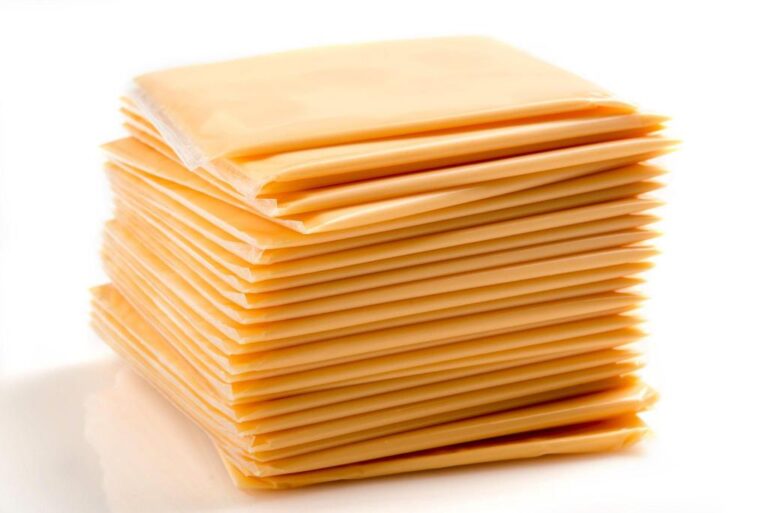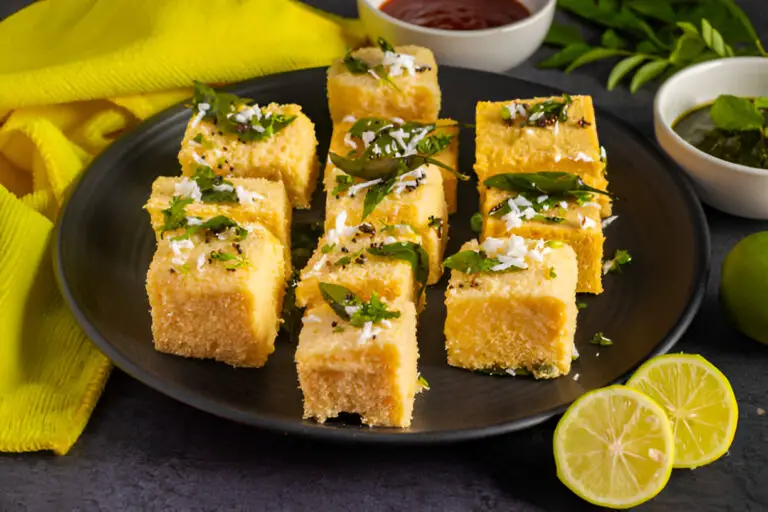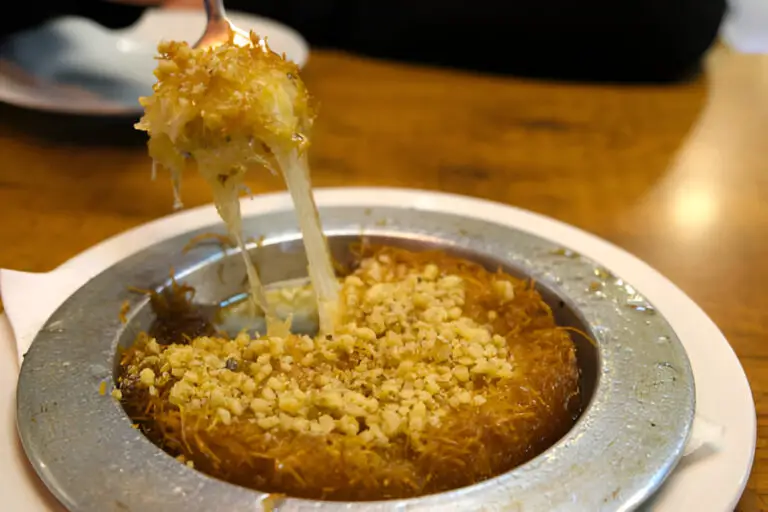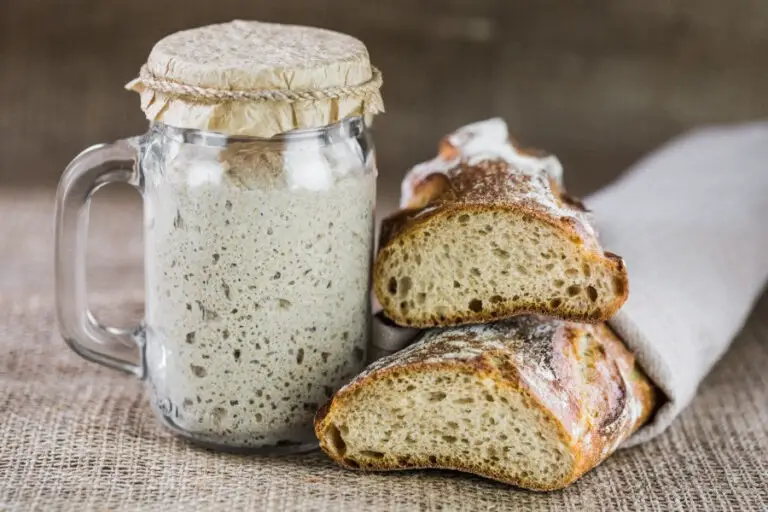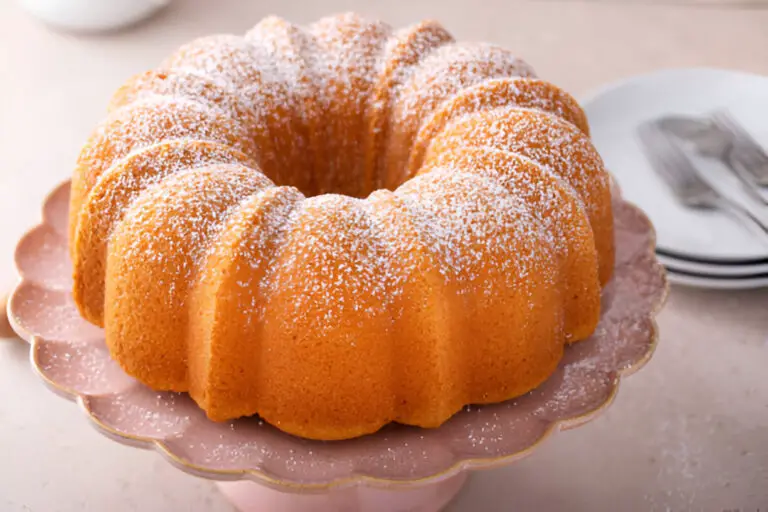Crunch Time: How to Make Your Bean Sprouts Crispy Every Time

There’s nothing worse than soggy sprouts when what you really crave is that irresistible snap. You know the one—the kind of crunch that echoes in your head when you bite into a sizzling stir-fry or a tightly rolled spring roll bursting with fresh veggies. I’ve stood over the pan more times than I’d like to admit, watching those once-promising sprouts turn limp before I could blink. The disappointment? Real.
Have you ever asked yourself, “Why do my bean sprouts always go mushy?” or “What’s the secret to that restaurant-level crunch?” Trust me, I’ve been there—frustrated and tempted to toss the whole batch in the compost. But after a few kitchen experiments and more than a couple of crunchy wins, I finally nailed it. And guess what? It’s way simpler than I thought.
In this post, I’ll walk you through my step-by-step method to get crispy bean sprouts every single time. No special gear, no fancy ingredients—just practical tips, a few tricks, and maybe even a kitchen hack or two. If you’re tired of limp sprouts ruining your dish, you’re in the right place.
Why Crispy Sprouts Matter
Let’s be real—texture makes or breaks a dish. Crispy bean sprouts bring that lightning bolt of freshness to balance out rich sauces or soft noodles. They’re the unsung heroes of texture, like the bass guitar in a band—you don’t always notice it, but you’d miss it if it was gone.
When sprouts stay crisp:
- They hold their shape in hot dishes.
- They don’t water down your stir-fry.
- They make every bite pop with personality.
The Science of the Snap
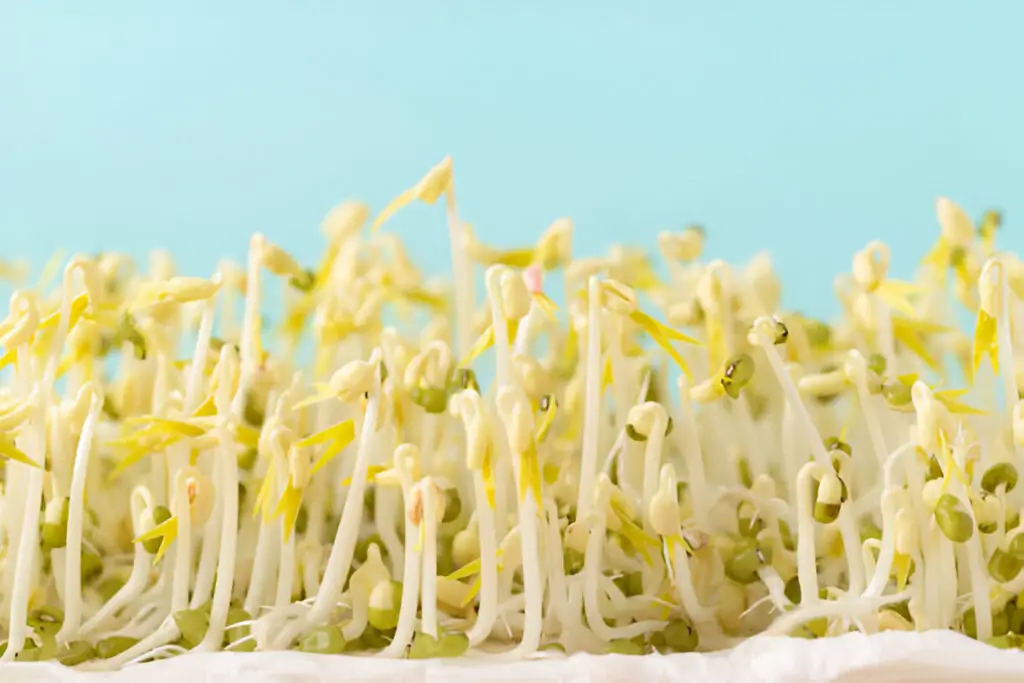
Getting your sprouts to crisp up starts with understanding what you’re working with. Most store-bought bean sprouts—typically mung bean sprouts—contain about 90% water. That’s right, they’re basically tiny water balloons. So, the trick is to draw out just enough moisture without completely dehydrating them.
Here’s a quick look at what affects their crunch:
| Factor | Crispiness Impact |
| Moisture content | Too much = soggy |
| Cooking time | Too long = limp |
| Heat level | High = better crisp |
| Crowding the pan | Steam builds = mushy |
| Rinse and dry before use | Helps sear properly |
My Step-by-Step Guide to Crispy Success
I treat making crispy sprouts like a mini kitchen ritual. It doesn’t take long, but you’ve got to get your ducks—or in this case, sprouts—in a row.
1. Rinse and Dry
Start by rinsing your sprouts under cold water to freshen them up. Then—this is crucial—pat them dry. Use a clean kitchen towel or paper towels to get them as moisture-free as possible. No one wants steam-fried sprouts.
2. Heat That Pan!
Use a wide, heavy-bottomed skillet or wok. Heat it until it’s just shy of smoking. Add a neutral oil with a high smoke point like canola or avocado oil. You want to sear, not simmer.
3. Quick Toss, No Fuss
Drop in your dry sprouts and stir-fry them for no more than 2 minutes. Let them kiss the pan long enough to blister slightly, but not so long they lose their crunch. A sprinkle of salt toward the end helps pull out a tiny bit more moisture.
4. Optional Add-Ins
Want to elevate things? Toss in:
- Thin garlic slices for a savory edge
- A splash of soy sauce (at the end to prevent steaming)
- Toasted sesame seeds for texture
Pro Tips for Peak Crunch
These tips saved my sanity after too many limp results:
- Work in batches – Don’t overcrowd the pan or they’ll steam instead of sear.
- Use cast iron or carbon steel – Non-stick won’t get hot enough for a true sear.
- Serve immediately – Sprouts lose their crunch quickly once off the heat.
- Add last – If you’re cooking a stir-fry, toss sprouts in at the end for a quick flash-cook.
How Long Do You Cook Bean Sprouts for Crispy?
To get that perfect crispy texture, cook bean sprouts for just 2 to 3 minutes over high heat. Any longer, and they start to wilt and lose their signature crunch. Stir-frying works best—toss them quickly in a hot pan with a little oil, and don’t overcrowd the skillet. You want them to sizzle, not steam!
Here’s a quick guide to timing and texture:
| Cooking Method | Time | Texture Outcome |
| Stir-fry (high heat) | 2–3 minutes | Crispy and tender |
| Blanching | 30 seconds – 1 minute | Slightly crisp |
| Steaming | 1–2 minutes | Softer, less crunchy |
Tips for extra crunch:
- Rinse with cold water before cooking.
- Drain well to prevent steaming.
- Use a wide pan for even heat.
If crunch is what you crave, speed and heat are your best friends in the kitchen.
How to Keep Them Crispy Longer
Let’s say you want to meal prep or need to hold your dish a bit before serving. Here’s how to stretch that crunch:
| Method | How It Helps |
| Cool on a wire rack | Prevents sogginess |
| Store uncovered in the fridge | Reduces trapped moisture |
| Add acid just before eating | Keeps textures sharp |
What Not to Do (Because I’ve Done It)
- Don’t soak them in cold water for too long. Some say it helps keep them crisp—but overdo it, and they waterlog.
- Don’t skip the drying step. Moisture is the enemy.
- Don’t salt too early. Salt draws out water. That’s great—at the right time.
My Go-To Crispy Sprout Dishes
I use crispy bean sprouts in all sorts of recipes. Here are a few ways I’ve woven them into meals:
| Dish | How Crispy Sprouts Help |
| Pad Thai | Balances the sweet-savory sauce |
| Bahn Mi Sandwiches | Adds crunch to the softness of bread |
| Bibimbap | Plays off the warmth of the rice |
| Lettuce Wraps | Gives body and texture |
Final Crunch: My Takeaway
Getting crispy bean sprouts isn’t rocket science, but it does take intention. Now, instead of treating them like an afterthought, I give them the star treatment. A hot pan, a bit of oil, and a quick stir is all it takes to turn these humble sprouts into little flavor fireworks.
Cooking is one part art, one part science, and all parts heart. Next time you’ve got sprouts to spare, turn up the heat and give them a shot at greatness. You’ll never go back to limp again.

